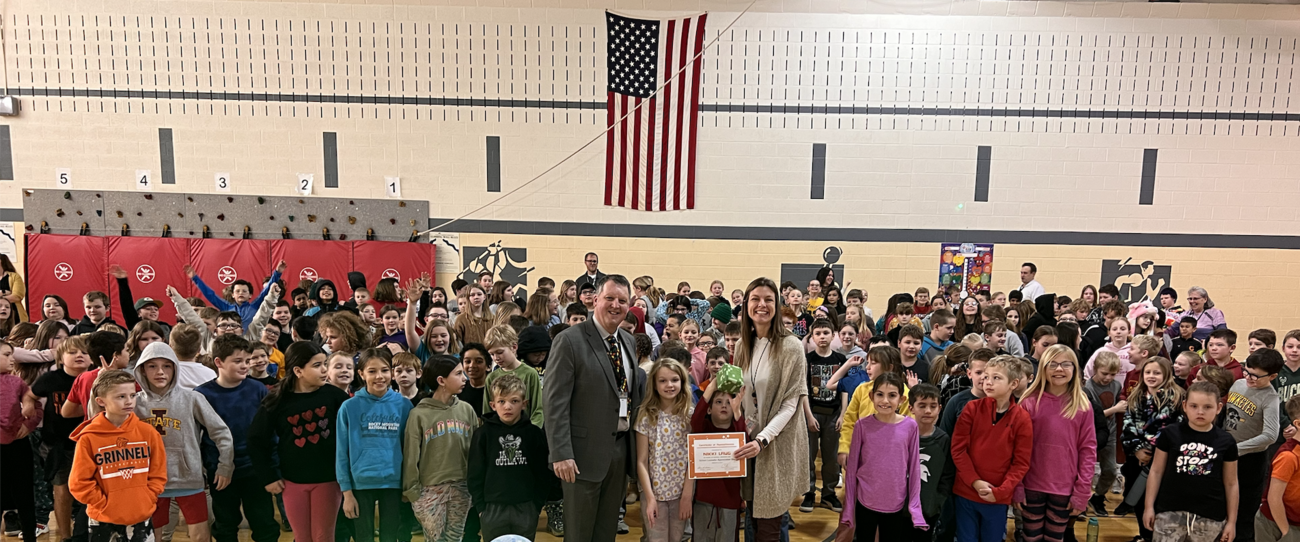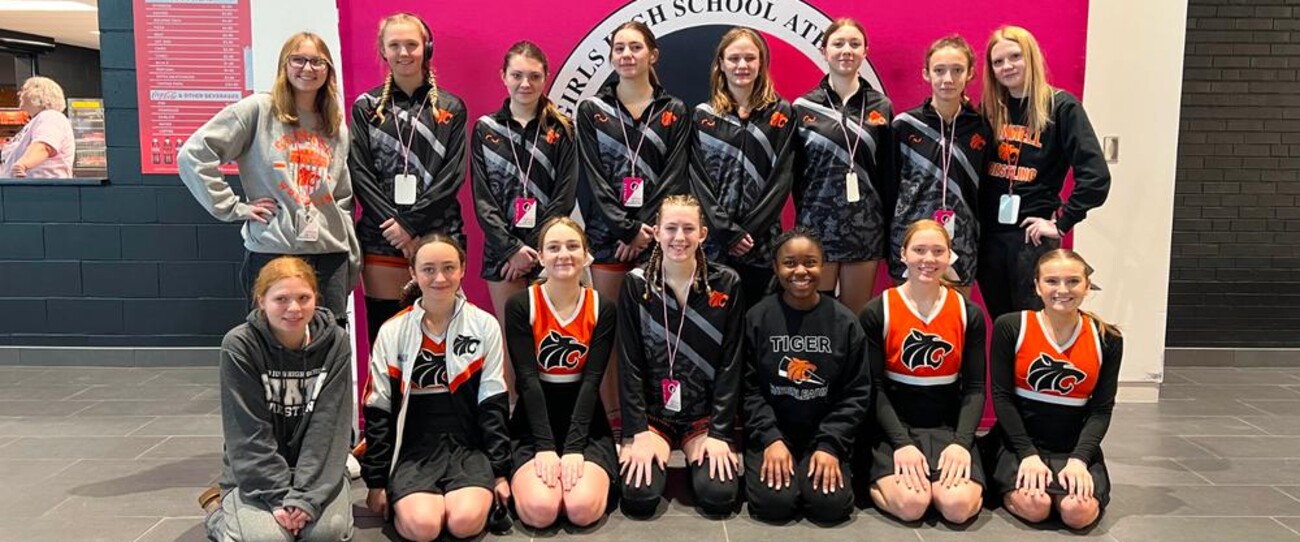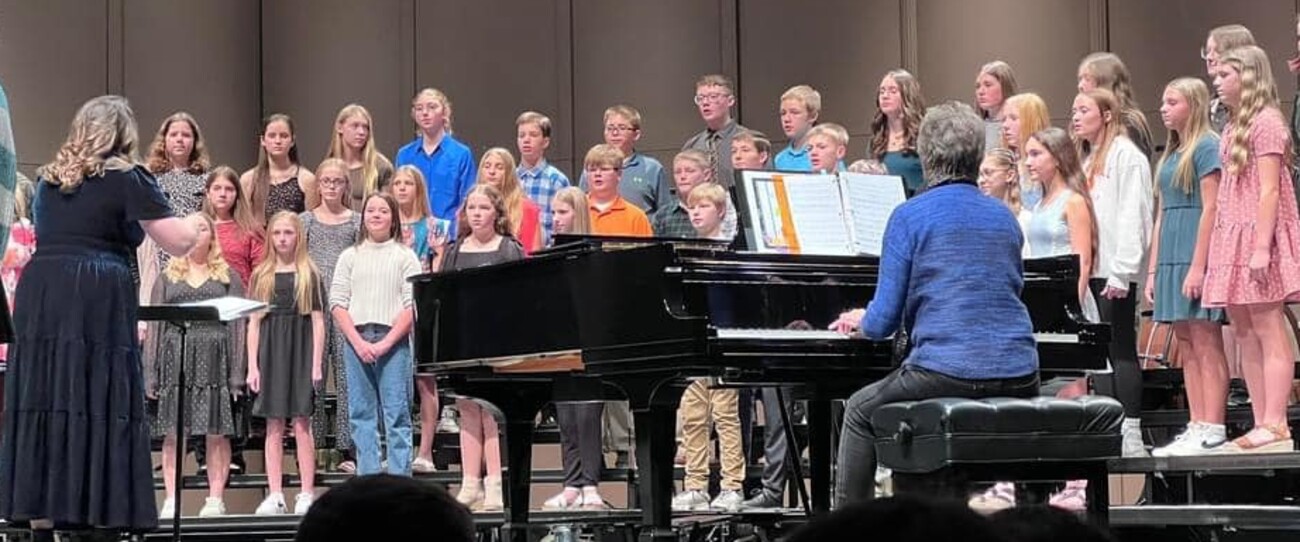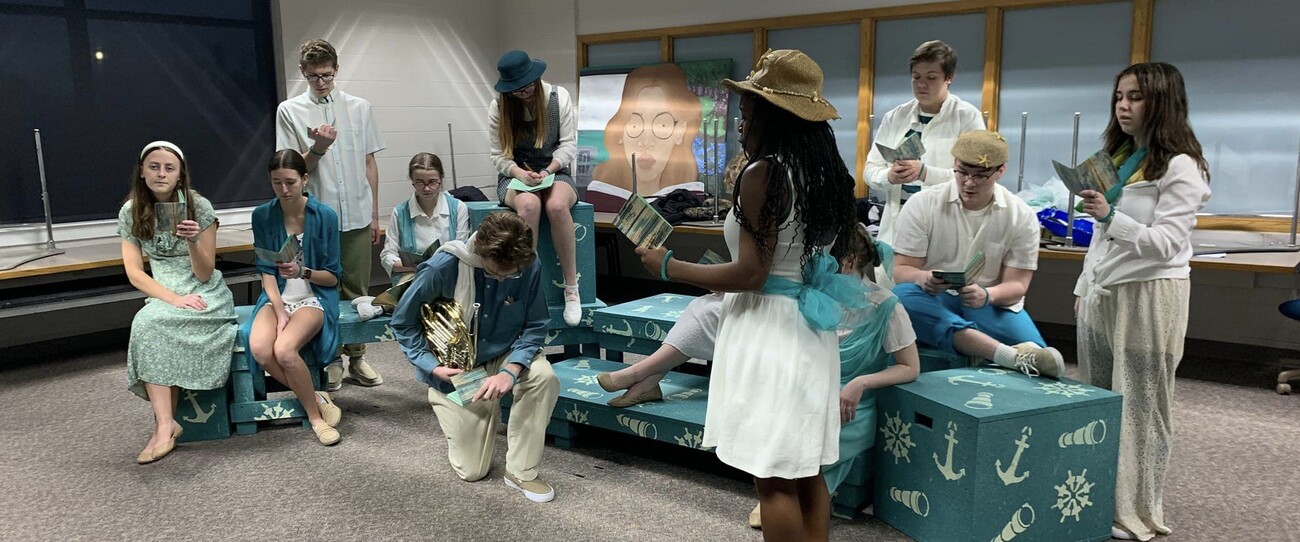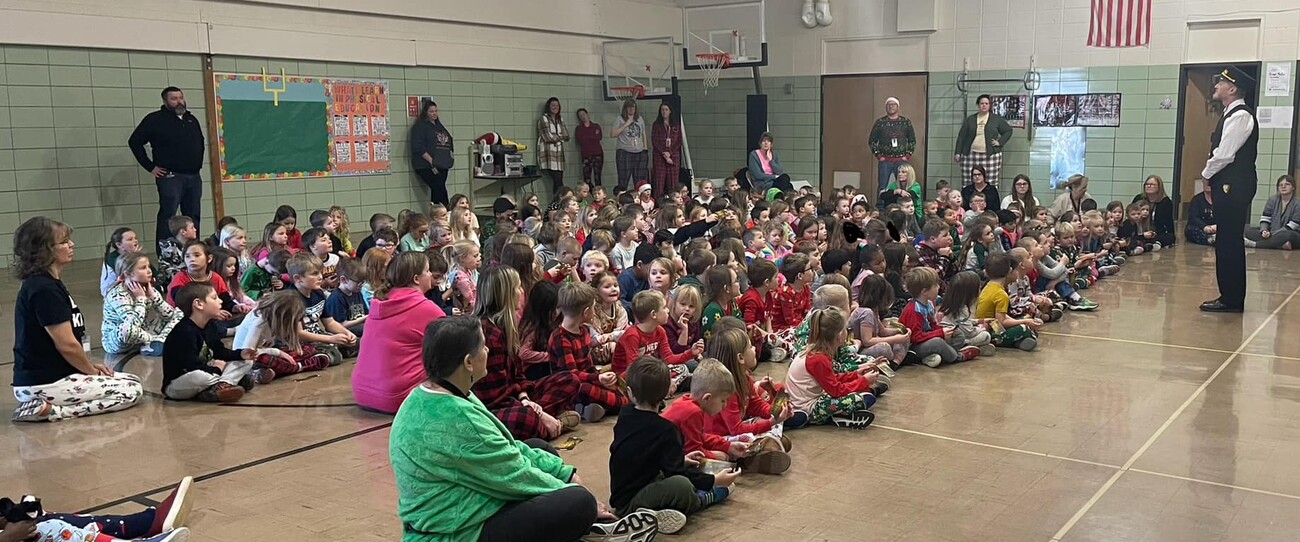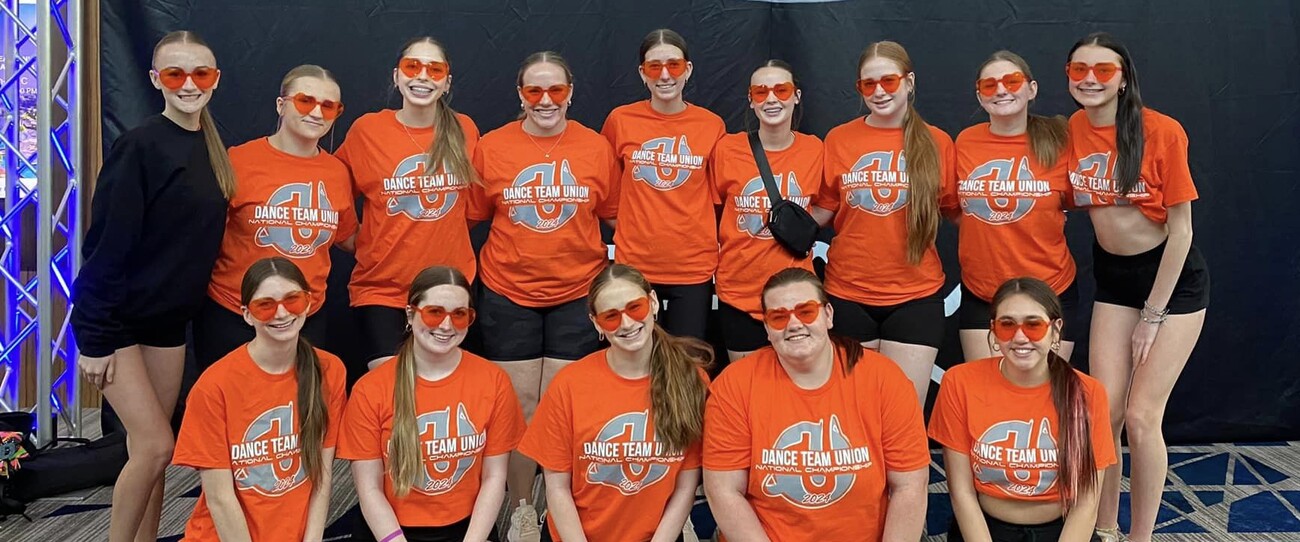Music Therapy
Music Therapy at the Elementary Level
The elementary schools in Grinnell are piloting music therapy. The school district was the recipient of a Grinnell Newburg School Foundation grant to fund the therapy for the spring semester.
Music Speaks is a music therapy services company focusing on student improvement. Whether that means improvement of individual abilities, or improvement in quality of life, the aim of Music Speaks is to make positive changes. We are privileged to have board certified music therapists working closely with our students, and communicating with other members of the interdisciplinary team as well as family members, striving together to reach goals set up for our students.
Our Music Speaks therapist, Maggie Scheppmann, comes to all three of our elementary buildings on Thursdays to meet with our students. She identifies the abilities of each student she works with, and focuses the research-based interventions to work on non-musical goal areas- the purpose of which is that each student is successful within a session, and also to carries over the desired skills to everyday life outside of music therapy. She communicates with parents, case managers, teachers, other therapists and caregivers to help our children improve their skills and enhance the development of their abilities.
More about the program:
Students are referred to the program by their teachers, based on goals set or student need. We hope expand this program so that more children can benefit from music therapy. Referrals are submitted if the child is experiencing, but not limited to:
Students are referred to the program by their teachers, based on goals set or student need. We hope expand this program so that more children can benefit from music therapy. Referrals are submitted if the child is experiencing, but not limited to:
-
Difficulty focusing attention
-
Delayed speech or nonverbal
-
Hyperactivity
-
Abnormal learning environment
-
Difficulty socializing
-
Physical impairment
-
Emotional instability
What will the music therapist work on with the child?
Goal areas differ for each child, and one goal may be focused on and achieved first in order to succeed at a future goal. To work on impulse control Maggie might provide an instrument to the child with instructions to play only during a chorus while remaining still during the verse of a song. Once impulse control is improved, Maggie might then begin to focus on taking turns and sharing with others. This can be achieved by exchanging an instrument between one child and another, facilitated and encouraged with music or song intervention.
To work on strengthening core muscles for balance, Maggie may set percussion instruments on the left side of the body with instructions for the child to use the mallet in the right hand, cross body and play the instrument. Live music is used in a specific manner to facilitate movement.
What is a music therapy session like?
Sessions take place in school. Live music with instruments and voice are often used to facilitate the interventions. Music therapy is not often passive and interacting is encouraged.
Interacting with a new therapist may be hard for some children. Maggie is sensitive to a wide variety of preferences and personalities and can adapt to any particular challenge. A hurdle can easily turn into a goal during music therapy.
Sessions can take place 1:1, or in a group setting with other children, depending on the goal area.


